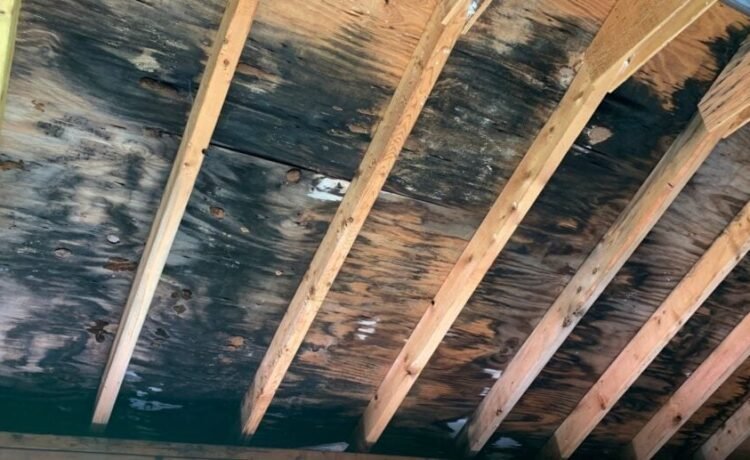You’ve found what appears to be a great property, and you just received the inspection report. It listed many defects, most of which are typical, and the cost to correct them is well-defined. However, a few items are disconcerting because the report listed symptoms rather than specific defects, such as mold, Kitec plumbing, China drywall, aluminum wiring, roof leaks, settlement, etc.
These ill-defined problems are red flags because remediating them is not “fixed.” For example, suppose mold was detected. What would it cost to correct the mold?
I met someone who learned of mold during the inspection and decided $1,000 would be enough to fix the problem. Meanwhile, $25,000 later, the problem still was not fully corrected.
It does not matter how low the price is or whether you are in love with the property. You cannot afford to buy a property with high-risk items. However, you can frequently get a fixed cost to resolve some problems with secondary inspections.
For example, if the property inspector calls out a roof issue, we have a secondary inspection by a roofing contractor.
One issue with secondary inspections is time. In Las Vegas, the customary due diligence period is 10 calendar days. If the initial inspection occurs on day five of the due diligence, you will have little time for secondary inspections.
High-Risk vs. Low-Risk
Here are examples of high- and low-risk renovation items.
Low-risk renovation items
You can obtain fixed bids for the following:
- Appliances
- Paint
- Window treatments
- Flooring
- Landscaping
- Light fixtures
High-risk renovation items
The cost of correcting these items is unknown. A vendor usually gives an initial estimate, but until the work is started, they cannot provide a fixed cost. They include:
- Foundation issues
- High water
- Structural issues
- Mold
- Improper wiring
- Fire damage
- Roof leaks or damage
- Dry rot
- Termites
- Unpermitted additions
- Significant plumbing issues
- Water damage
- China drywall
- Pool water leak
As mentioned, a secondary inspection can provide a fixed cost for some issues.
Dealing With High-Risk Items
We usually ask the seller to repair high-risk items before closing escrow.
Is the seller obligated to make the repairs? In Nevada, no. However, a document named Duties Owed by a Nevada Real Estate Licensee is part of every real estate transaction. One clause of this document states the real estate agent’s duty to disclose material facts about the property:
“Disclose to each party to the real estate transaction as soon as practicable: Any material and relevant facts, data or information which licensee knows, or with reasonable care and diligence the licensee should know, about the property.”
When we ask the seller to make repairs, we also send the inspection report with the defect called out. In this situation, both the seller and real estate agent now have actual knowledge of the defect and, by law, must disclose it to any future buyer should the seller refuse to make the repair. The seller may choose to hide it, but the real estate agent is equally responsible for the disclosure.
Cash in Lieu of Repairs
It is not uncommon for sellers to offer cash instead of making repairs. If the cost is well-defined, this is often acceptable, because if you make the repairs yourself, you know the work was done correctly. However, where the total cost is not well-defined, accepting a fixed amount of cash in lieu of repairs is not advisable.
For example, one property inspection revealed several damaged roof tiles. The seller offered $500 instead of making the repair. We rejected this offer, and the seller made the repair. If the seller makes the repair, we require the invoice for the completed work. In this case, 140 tiles had to be replaced, costing the seller over $2,500.
Final Thoughts
Always have your properties inspected by an experienced, knowledgeable inspector. If there are high-risk items, either resolve the risk with secondary inspections or cancel the purchase. You cannot afford to buy a property with high-risk repairs.
Ready to succeed in real estate investing? Create a free BiggerPockets account to learn about investment strategies; ask questions and get answers from our community of +2 million members; connect with investor-friendly agents; and so much more.
Note By BiggerPockets: These are opinions written by the author and do not necessarily represent the opinions of BiggerPockets.













